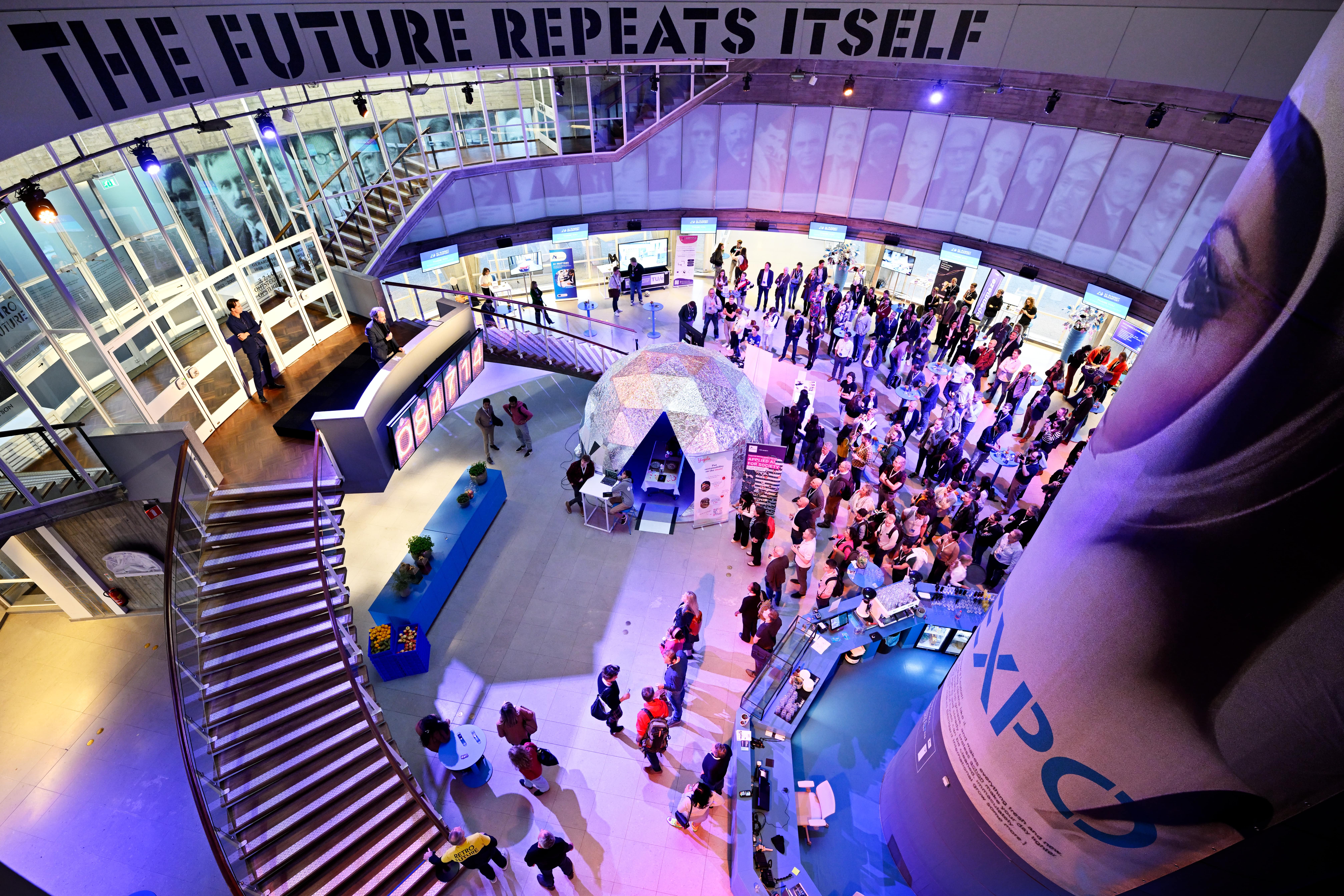
Microsure, a joint spin-off by Eindhoven University of Technology and Maastricht UMC+, this week becomes fully independent. The company’s development of a surgical robot able to perform operations with the utmost precision is almost complete. The robot, which is always controlled by a surgeon, is suited to performing reconstructive surgery that human hands are hardly capable of doing. The device, the first of its kind, should be ready for use in operating theaters within two years.
The first example of the surgical robot will be at the Maastricht UMC+ for the coming two years to demonstrate prudently and gradually that the device is suited for surgical intervention on humans. At the same time, Microsure is working on acquiring the necessary European CE-labeling. In January the company got a loan of a quarter of a million euros from the STW technology association to get the company up and running. This week saw the official launch of the company and agreements were signed with TU Eindhoven and Maastricht UMC+. Both surgeons and engineers are involved in the company.
The robot executes the movement of the hands of the surgeon ‘in miniature’, making it five times as precise as its human operator.
The robot’s arms are controlled by a surgeon, via two joysticks. The robot executes the movement of the hands of the surgeon ‘in miniature’, making it five times as precise as its human operator. Moreover, the robot filters out any trembling of the human hand, thereby enhancing the level of precision.
The robot is predominantly intended for reconstructive surgery whereby tissue is removed from one part of the body for repair in another part of the body. Operations to stitch blood vessels and nerve fibers to new tissue require such a degree of precision that only a few surgeons are capable of undertaking them. This is due to the fact that any tremor in the surgeon’s own hand limits the precision of its movement. The robot can help these precise movements to become easier and better.
The robot also gives the surgeon greater comfort since he no longer has to stand bent over the patient but can sit calmly. Raimondo Cau, chief technology officer of the company: “Since the precision of the surgeon is so well supported, it may now be possible to carry out operations that had been impracticable to date.”
The initial focus of Microsure is to tackle lymphedema. Quite a lot of breast cancer sufferers are affected by this due to the occasional impairment of the lymphatic system. This causes fluid to build up in unwanted places. “Currently, only the symptoms tend to be counteracted but the surgical robot will allow the connection of the small vessels to be repaired, and in that way you could tackle the cause of the problem,” Cau explains. “But there are many more operations that we want to do, for example in the area of urology, vascular surgery, plastic surgery and neurology.”
“The further development of this technology could revolutionize plastic surgery.”
Raimondo Cau gained his PhD two years ago from TU/e when he developed the prototype for the surgical robot. His thesis derived from the earlier request posed by the Maastricht UMC+ to TU/e to develop a microsurgical robot, so to this end Cau observed many operations and spoke extensively with microsurgeons. The prototype has now been tried out by many surgeons and has led to enthusiastic reactions. René van der Hulst, plastic surgeon at the Maastricht UMC+ : “The further development of this technology could revolutionize plastic surgery.”
Source: press release TU/e
Foto Bart van Overbeeke







